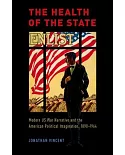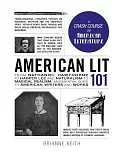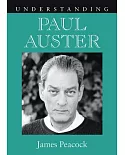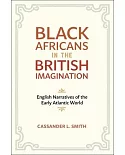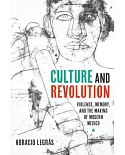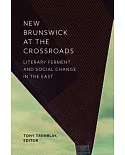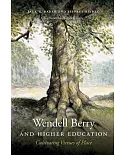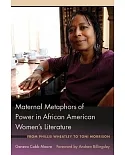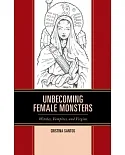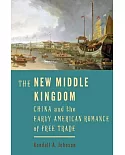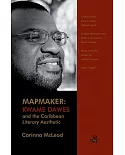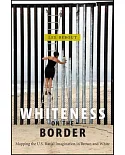"Loyal Subjects illuminates our understanding of sympathy, civic life, and literary production around and after the Civil War. By taking up the concept of loyalty as distinctive from sentiment
and sympathy, Elizabeth Duquette makes a powerful case for the Civil War as a rich locus of narrative meaning."---Caroline Levander, Rice University
When one nation becomes two, or when two nations become one, what does national affiliation mean or require? Elizabeth Duquette answers this question by demonstrating how loyalty was used
during the U.S. Civil War to define proper allegiance to the Union. For Northerners during the war, and individuals throughout the nation after Appomattox, loyalty affected the construction of
national identity, moral authority, and racial characteristics.
Loyal Subjects considers how the Civil War complicated the cultural value of emotion, especially the ideal of sympathy. Through an analysis of literary works written during and after the
conflict---from Nathaniel Hawthorne's "Chiefly About War Matters" through Henry James's The Bostonians and Charles Chestnutt's "The Wife of His Youth," to the Pledge of Allegiance and W.E.B. Du
Bois's John Brown, among many others---Duquette reveals that although American literary criticism has tended to dismiss the Civil War's impact, postwar literature was profoundly shaped by
loyalty.


